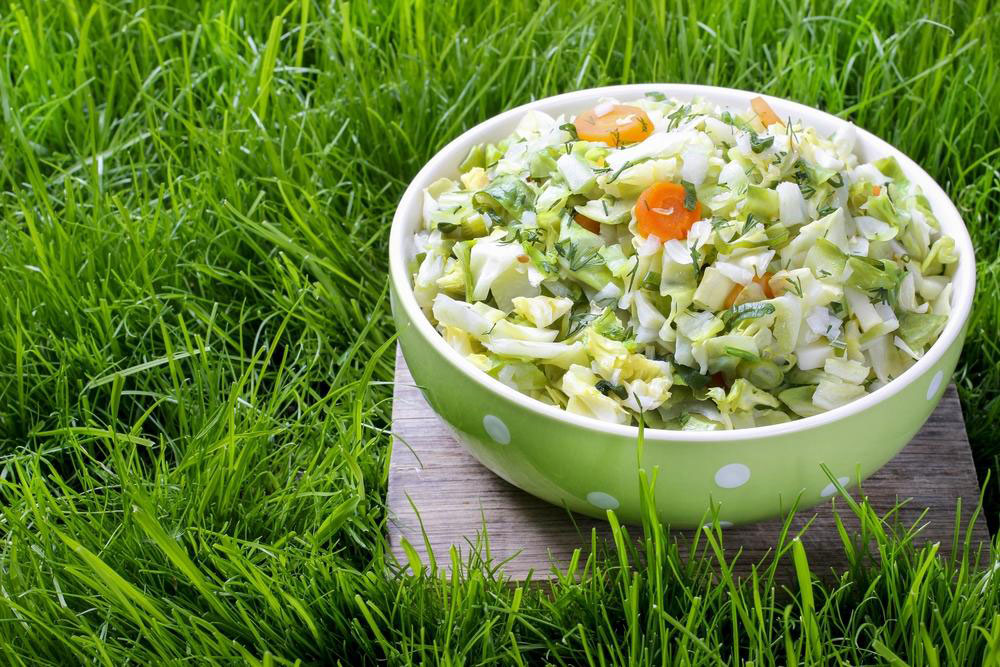
Dietary Tips For Cystic Fibrosis
Cystic fibrosis (CF) is a rare genetic disorder that involves the lungs and digestive system getting clogged with mucus. In the United States there are fewer than 20,000 new cases each year. A person can be a carrier of the cystic fibrosis gene without having the disorder. If a person is a carrier of the disorder, the chances of their immediate offspring (children) being born with CF is much higher. Traditional treatments for cystic fibrosis involve several medications and therapy to help reduce the excess mucus.
In addition to traditional treatments, the following dietary tips may also help relieve CF symptoms:
1. High salt diet
Patients with cystic fibrosis often have saltier sweat than people without the disorder, which means lost body sodium and essential electrolytes. A high salt diet can help replace the salt eliminated via sweat. Foods like salty snacks (potato chips, salty nuts, pretzels, etc.), pickles, and sports drinks can help replace salt.
2. Protein
Eating enough high protein foods is another part of a cystic fibrosis diet. A person with the disorder have a hard time retaining muscle mass. Thus, they often need to eat enough high protein foods like chicken, fish, and eggs in help prevent muscle loss.
3. Calcium
Cystic fibrosis can also rid the body of essential calcium and put the patient at risk for bone fractures and osteoporosis. Thus, they may need to consume calcium-rich foods, like dairy (i.e., cheese, sour cream, high fat milk, etc.) every single day.
4. Fiber
This disorder can also create blockages in a patient’s colon. To help reduce the risk of developing blockages, high fiber foods are often necessary to help clear the colon. Many breakfast cereals are high in fiber and can provide adequate fiber daily.
5. Zinc
Zinc helps fend off infections, and cystic fibrosis patients are at increased risk for contracting serious infections. Kidney beans, spinach, liver, and eggs are good zinc foods to eat.
6. Iron
The disorder can create iron deficiency. Some examples of food with a good iron amounts are liver, tuna, beef, turkey, lamb, and seafood.
7. Antioxidants
Cystic fibrosis patients need to ensure they are getting enough antioxidants from their food. Fruits and vegetables are a good food source for antioxidants.
A good cystic fibrosis diet would include foods rich in protein, zinc, iron, antioxidants, fiber, and calcium. Besides these foods, a person with the disorder should incorporate a high salt diet too. If the person with cystic fibrosis eats right, and takes their medications and therapies to help with the excess mucus, they will feel better physically.



